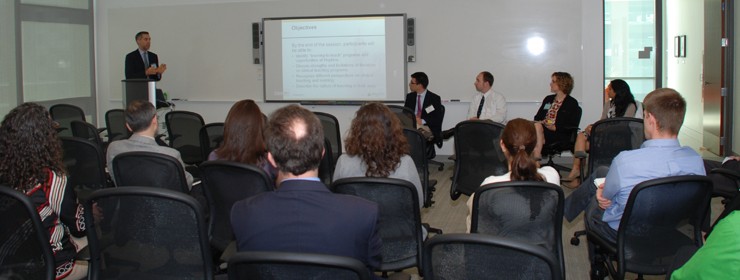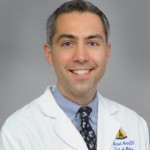
Comments? Contact IEE.
1. Objectives
- Describe a framework that can be used to guide bedside teaching.
- Identify the important role that focused questions play in guiding teaching moments.
- Name the number of points teachers should aspire to make during a given teaching opportunity.
- Describe at least one additional important aspect of effective bedside teaching.
2. Preparation in Advance
Think about the experiences you’ve had as a learner over the past few weeks or months. Specifically, think about the “bedside” teaching you’ve received on rounds or in clinic. Write down three specific things that made the good experiences rewarding and constructive, and three specific things that detracted from the quality of the experience.
4. Application of the Module
List three fears you had regarding the delivery of bedside teaching (“chalk talks”), and state how they have been assuaged or reinforced. For fears that have been assuaged, why are they now less troublesome, and how will you overcome them? For fears that have been reinforced, how will you work to overcome them?
5. Next Steps and Peer Coaching
Inform a peer that you are working to improve your chalk talk skills. Identify 1-3 aspects of effective chalk talks upon which you would like to improve, and ask your peer to observe your next chalk talk and take notes on these items. Meet with your peer that same day to debrief, discuss things you did well, and observed areas for improvement. You may wish to provide your peer with a list of five key points of effective chalk talks (see #6 – Summary Points – below).
6. Summary Points
Components of an effective chalk talk:
1. Start with what you want to accomplish.
2. Question learners about what they already know.
3. Focus on 3-5 key points grounded in experience.
4. Keep it conversational and interactive.
5. Summarize your take-home points.


